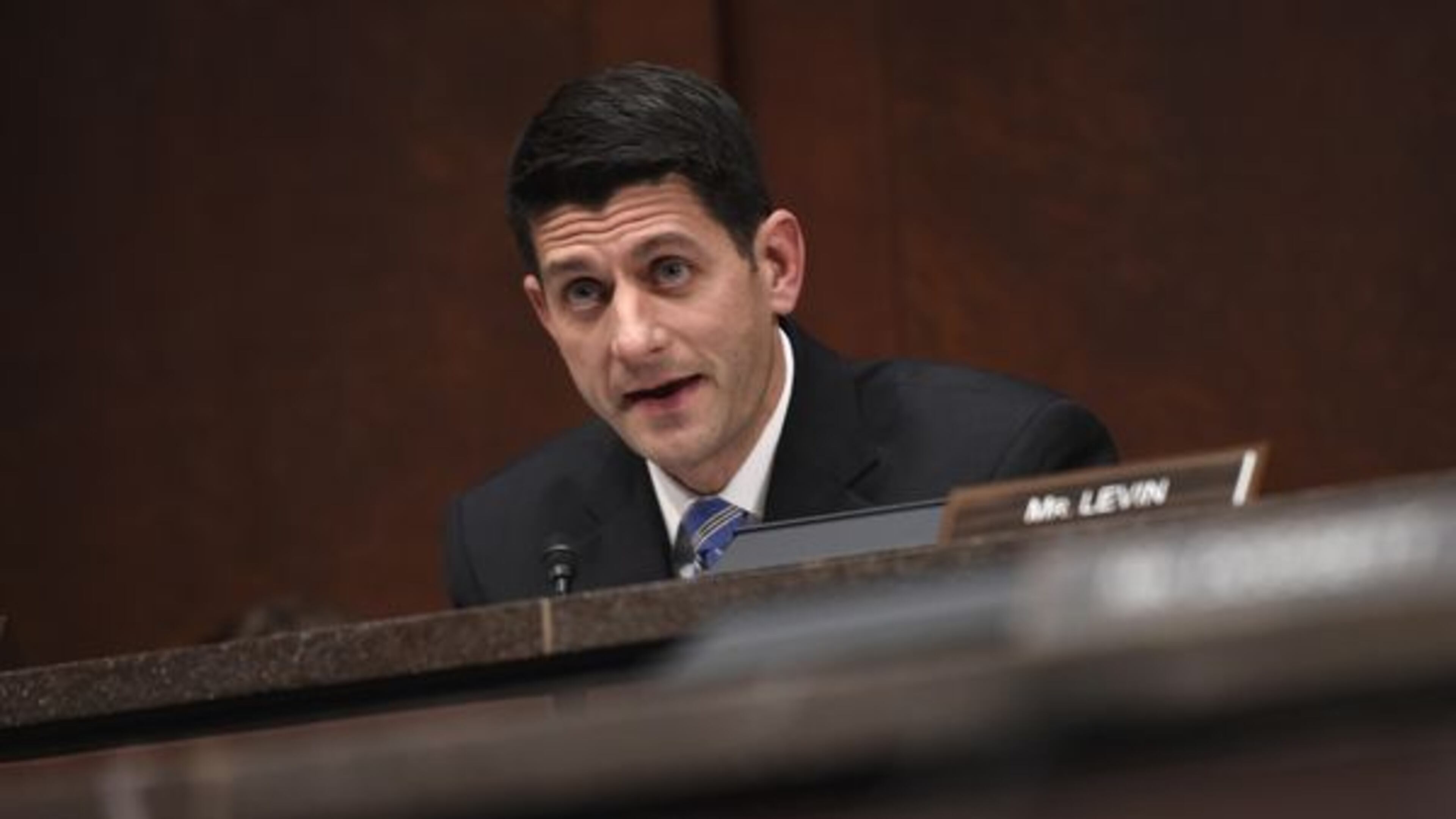With Paul Ryan ready to run for speaker, a moment of truth for GOP holdouts

Paul Ryan is finally on board with the idea of Paul Ryan being speaker of the House, and that's the best news anyone in Congress has offered us in some time. Now it's time for all House members who fancy themselves Republicans to get on board as well.
Ryan, the Wisconsinite who served as Mitt Romney's running mate three years ago and is considered future presidential timber in his own right, is best-positioned to unite the House GOP conference. That's in part because he is a policy guy whose policies (for the most part) are attractive across the Republican spectrum. His budgets as House Budget chairman remain the basis for most Republican thinking on the issue. As chairman of Ways and Means since January, he has not only made tax reform a priority, but given it the intellectual and political heft it needs if it's to become reality. He is sometimes dinged for supporting comprehensive immigration reform, but the fact is that he supports a position that's very much within the GOP mainstream -- no matter how much that's disputed by some folks to his right and on the left.
While telling his colleagues last night that he was willing to stand for speaker, he laid out certain conditions that must be met before he'll become an official candidate for the office. It is surely rare that someone would require much of others in order to pursue one of the nation's highest offices, but it is equally rare that the House finds itself in the position of no one else being clearly willing and able to win and hold the gavel. And the conditions he laid out are perfectly reasonable: They all point to maintaining unity among House Republicans in a way that departing Speaker John Boehner never managed for long.
The holdouts in this entire episode have been the three dozen or so members who compose the House Freedom Caucus. This group presents itself as the keepers of conservatism, but it is folly to think that only 1 in 7 House Republicans is a "real conservative." Instead, they just appear to be the group that thinks it should always get its way on the most important issues. When its goals align perfectly with the rest of the conference, they'll go along. If not, their numbers are just large enough to deny the speaker a majority consisting only of Republicans. The most common result is the speaker has had to negotiate with Democrats for a majority, meaning their holdouts lead to less conservative lawmaking rather than more conservative lawmaking. The example I noted yesterday of two different approaches to the debt ceiling from a pair of freshman Freedom Caucus members from Georgia illustrates the point.
And let's be honest: The procedural beefs raised by the Freedom Caucus cut two ways. While leadership might be more accommodating of caucus members in the processes of amendments and debate, the caucus also has to recognize when it has lost on an issue. Forever falling back on procedure to gum up the works is no more open and cooperative than the leadership style for which they criticized Boehner.
So the Freedom Caucus' response to Ryan's conditions will be very telling. If they can't reach a compromise with a man whose policy positions they generally respect, and who appears willing to meet them partway on procedural changes, they should think hard about whether they should take their chances forming a third party more to their liking -- rather than coasting into office on the Republican name and then, too often, working against their party once they get there.
